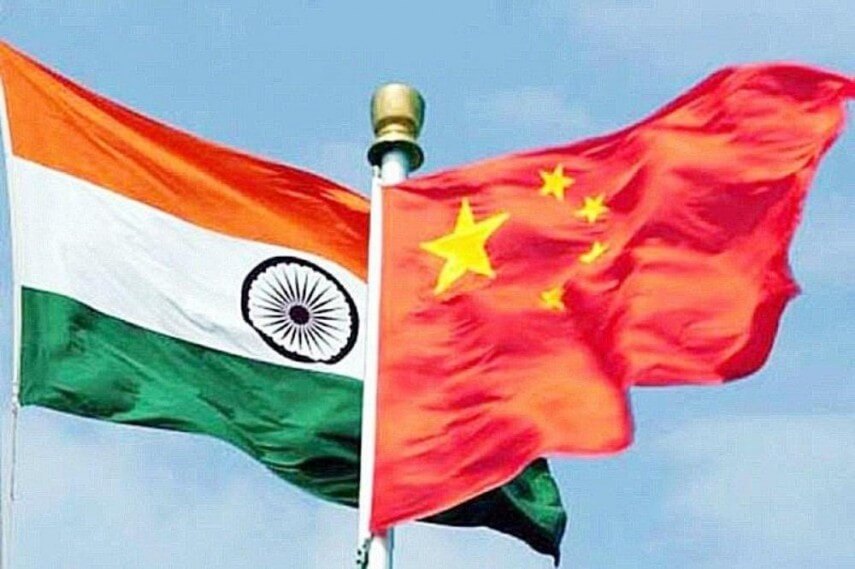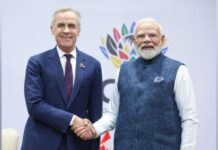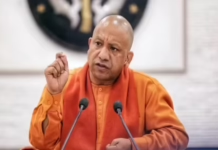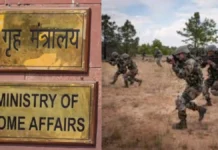NEW DELHI: India has acknowledged that India-China relations are significantly damaged and has also blamed “Beijing’s dishonesty” as the reason for massive troop deployment along the Line of Actual Control in Ladakh.
External Affairs Minister S. Jaishankar, during an online interactive session organised by Australian think tank Lowy Institute said China has given India five differing explanations for the massive deployment at the LAC.
This violation of bilateral pacts, he said, has “very significantly damaged” the India-China relationship.
“We are today probably at the most difficult phase of our relationship with China, certainly in the last 30 to 40 years or you could argue even more,” he added.
Jaishankar said that India is very clear that maintaining peace and tranquillity along the LAC is the basis for the rest of the relationship to progress. “You can’t have the kind of situation you have on the border and say let’s carry on with life in all other sectors of activity. It’s just unrealistic,” he said.
The minister pointed out that the hiccups in the bilateral relationship began in 1988 but the direction of the ties broadly were positive. “All of this was posited on the fact that while we were trying to solve the boundary question, we would maintain peace and tranquillity along the border areas,” he said.
Recalling that multiple agreements between the two countries were signed from 1993 with a commitment that both parties will not bring large forces to the border areas, he said, “Now for some reason, for which the Chinese have to date given us five differing explanations, the Chinese have violated it. The Chinese have literally brought tens of thousands of soldiers in full military preparation mode right to the LAC in Ladakh. Naturally the relationship would be profoundly disturbed by this.”
The Galwan Valley clashes in which 20 Indian soldiers were killed seven months ago, he said “completely changed national sentiment”. The two countries remain locked in a military standoff.
Jaishankar said the “big issue” is how to get the relationship back on track. “We have multiple layers of communication. Communication is not the issue, the issue is the fact that we have agreements and those agreements are not being observed,” he said.






